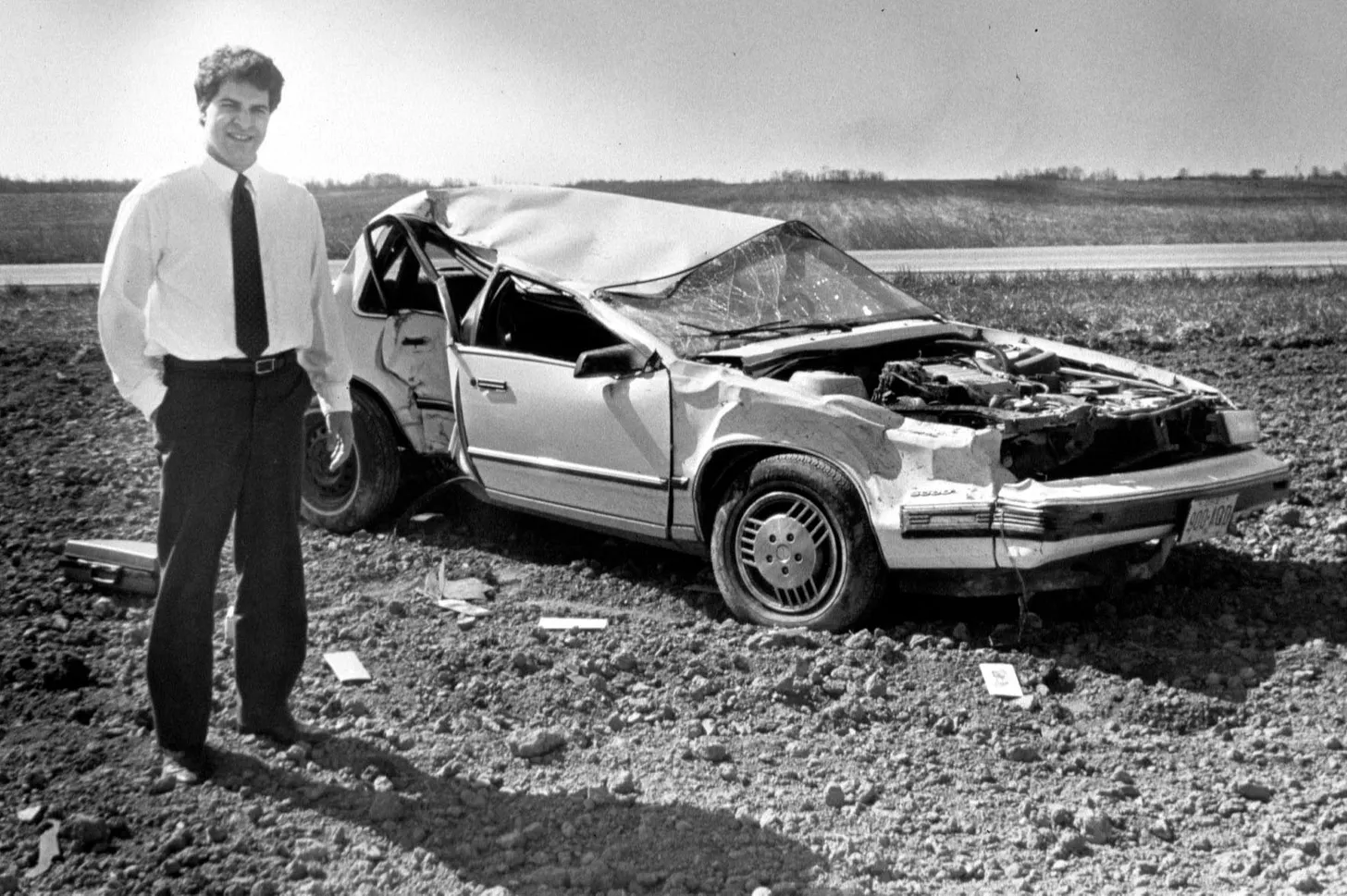Rebuttal and corrections to Dr. Roy Spencer’s analysis and comments regarding the Pinatubo Study

Bud Bromley & Tomer Tamarkin April 16, 2023 Dr. Roy Spencer is mistaken on all of the points in his review and posts concerning the ClimateCite-Bromley-Tamarkin-Menahem Pinatubo Study report and associated collateral materials. Our main Pinatubo study is not about the CO2 emissions from Pinatubo, as Tom Tamarkin has correctly instructed Roy numerous times over the course of the last year. . There was no reason or interest to attempt to quantify the CO2 emitted from Pinatubo. Others have estimated and reported that CO2 release. But more importantly, the perturbation to CO2 trend following the eruption which we studied was …




